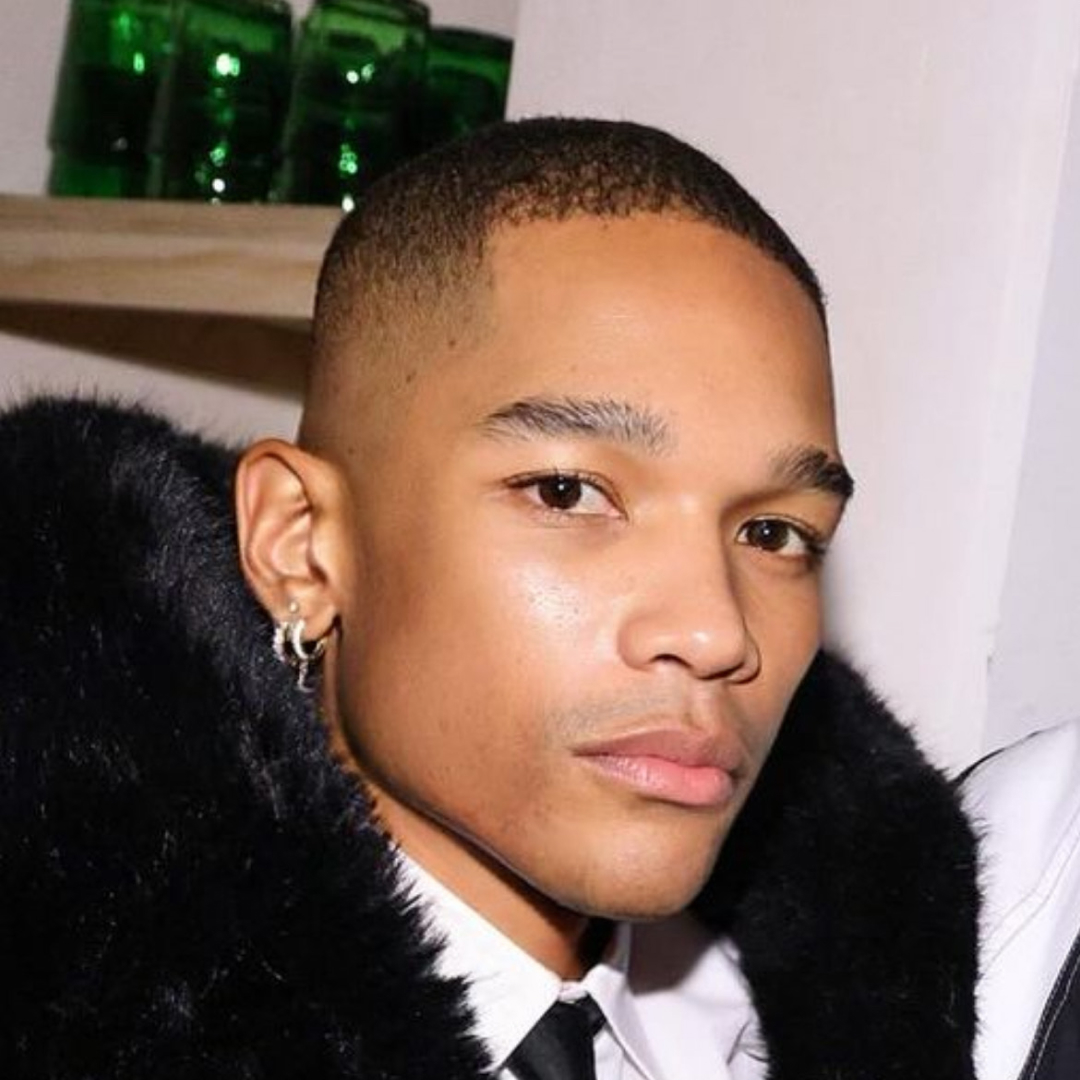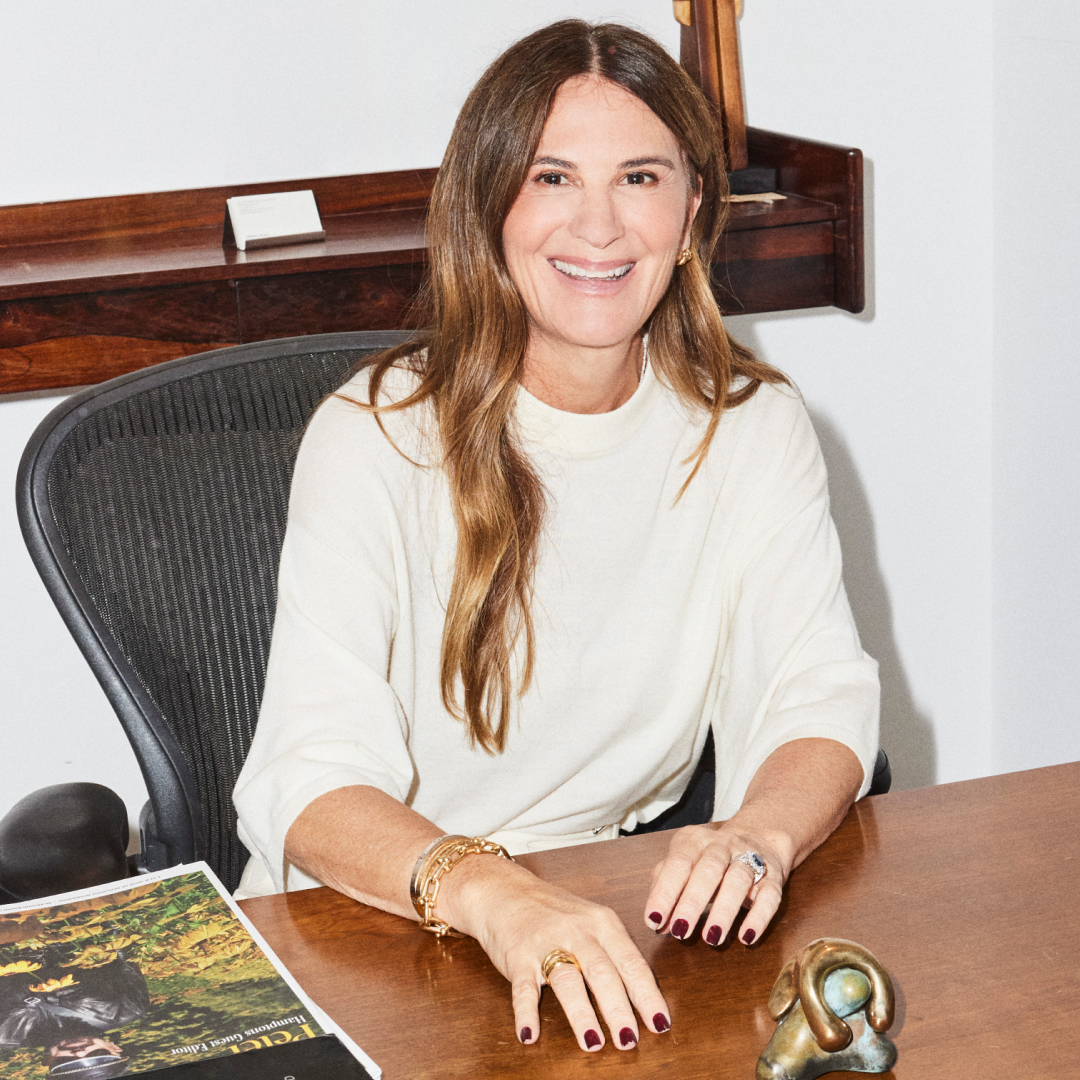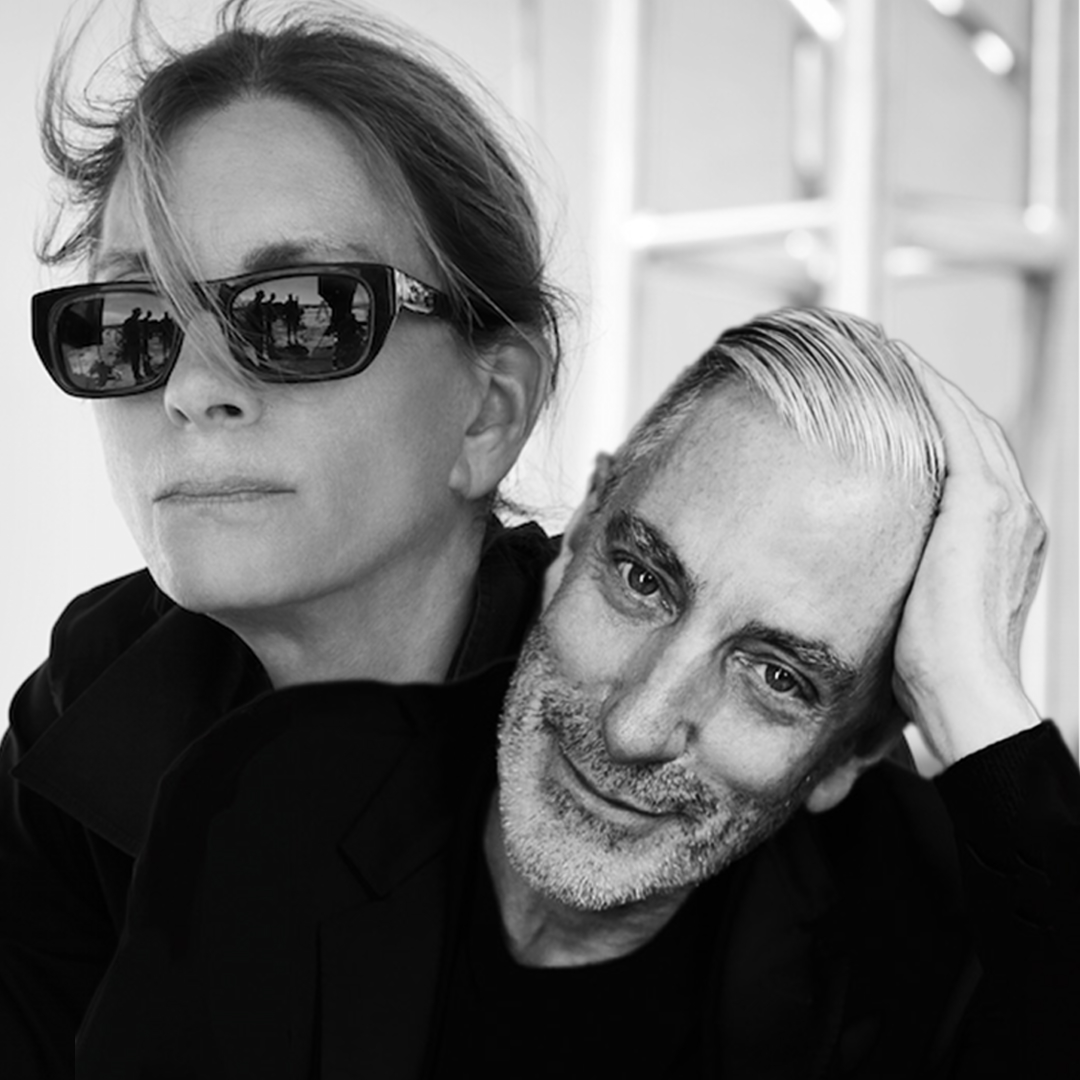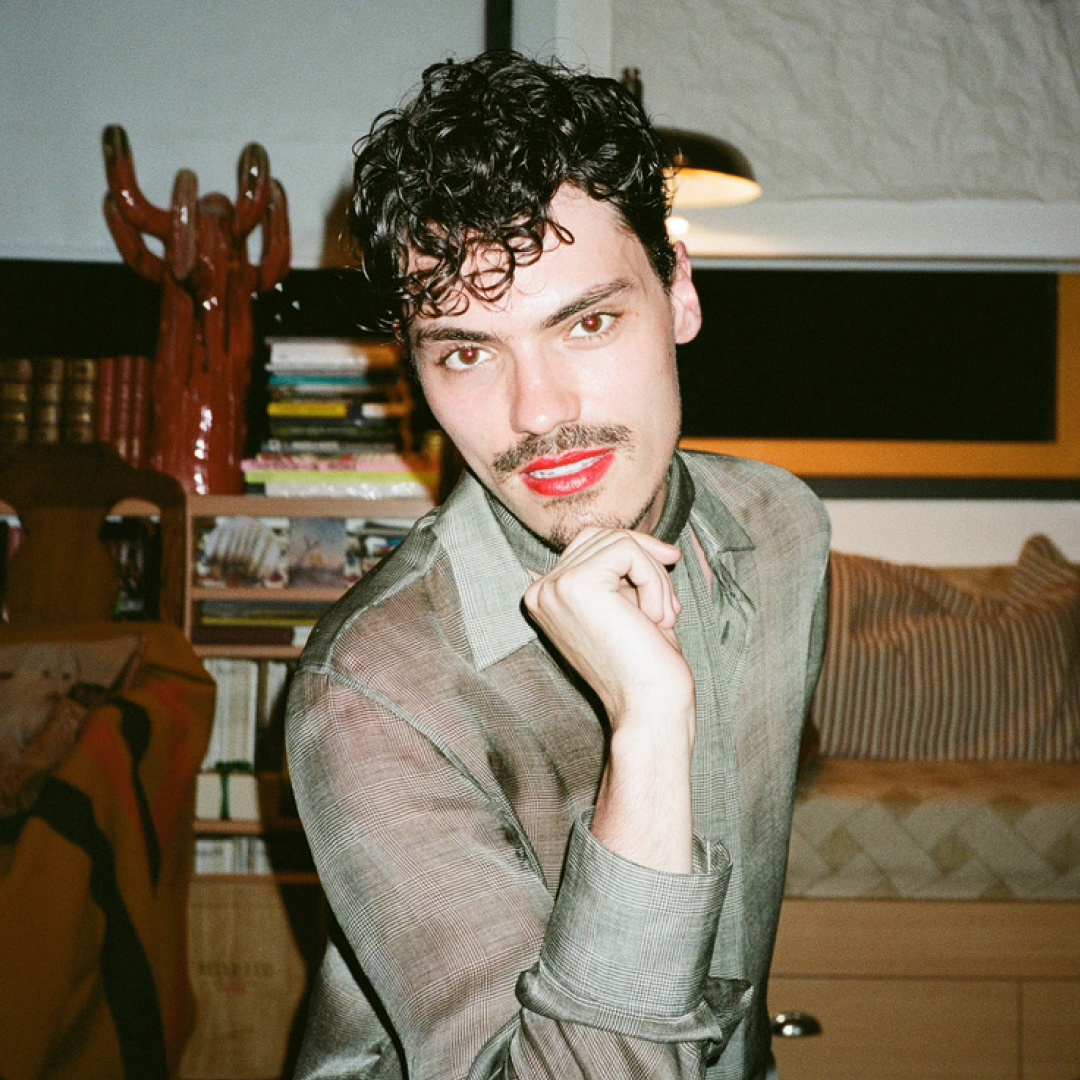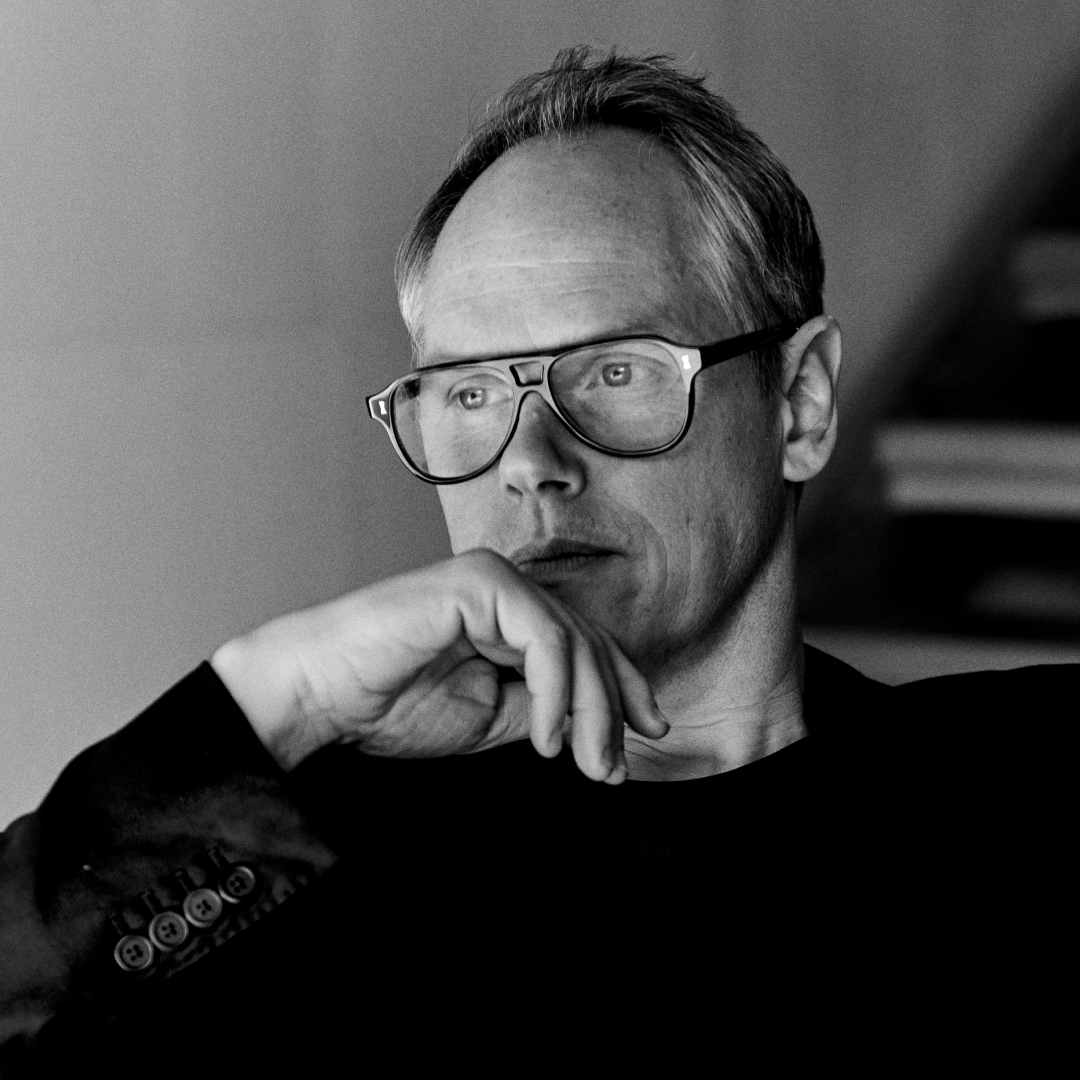Show Notes
Summary
Pierre Rougier, a distinguished fashion publicist and founder of PR Consulting, boasts a career spanning several decades. After studying political science in Bordeaux, Rougier honed his skills in Paris and London with Hermès, Yohji Yamamoto, and Maison Margiela before making his mark in New York in 1993. There, he directed communications while representing icons like Helmut Lang and Alexander McQueen. Establishing PR Consulting in1997, he catapulted emerging talents like Narciso Rodriguez and Nicolas Ghesquiere, then at Balenciaga, to prominence, also fostering brands like Proenza Schouler and Hood By Air. Renowned for discovering and championing young designers, Rougier continues to hold the opinion that a strong vision and sometimes counter-trending codes are often the precursors to a designer’s success.
Episode Highlights
- Rougier grew up far from the front of culture, and though his interests in fashion were indirect at first until he moved to Bordeaux—a larger city—to study.
- He started his work in fashion boxing Hermes products before moving to London, still employed at Hermes, learning English and partaking in ’80s gay club culture there.
- Yohji Yamamoto employed Rougier to work a PR position, giving him his first taste of serious work and long hours associated with the industry.
- Using his London connections, he opened his own PR firm as the Antwerp Six were coming into the spotlight, and worked under Martin Margiela for four years, until he felt that his aesthetic and vision were too overwhelmingly connected to that one house.
- Moving to New York, Rougier worked as communications director for a company that held brands like Vivienne Westwood, Helmut Lang, and Michael Kors.
- Rougier speaks on learning that the antithesis of what's trending is always on the precipice of an arrival.
- He says the conversations in fashion are less now about what designers like and more about what designers find that works, and is successful.
- Before the internet, there were few photos of shows and most people waited to see items in stores to determine the zeitgeist; now, Rougier says, the urgency of marketing makes everything “extremely transactional.”
- He says it’s fair to say that in fashion, elitism has trended out with a shift to exclusive community identities.
Notable Quotes:
- On being cut off by his parents financially: “It taught me that if you make choices, with choices come consequences and consequences are usually on you.” —Pierre Rougier
- “One of the big positives of the mass consumption of information around fashion is that, it’s hard right now to completely bullshit something or bullshit, you know, about what a brand is or stands for. You cannot fake it, or at least not for a long time, because of the mass of information, because of the easy access, because of the mandatory access you have to give to such a broader audience; you really can't bullshit people for too long. Eventually they see through it.” —Pierre Rougier
- “I was known for being—or not me, but my company and the clients that I had—for a very exclusive, very limited access. It’s very kind of like, opaque. What came out was what we decided would come out. But that's over. These days are way over. You can't do this anymore.” —Pierre Rougier
- “What I think is contemporary now is really to try to go outside of what is going to be spoon fed to you through the algorithm. It requires effort, but I think that’s what makes the most interesting people. Young people I meet, they're the ones who literally challenge the algorithm and go beyond and go deeper or go left or right of it.” —Pierre Rougier
- “Eventually I met Martin [Margiela] and his partner, Jenny [Meirens]. We had a great meeting and then the following day, Jenny, Martin’s partner, called me and said: ‘We, you know, really enjoy meeting you. We'd love to work with you, but we're not going to go into someone's office. So if you want to work with us, you come in and work for us.’ And I don't know what possessed me. I said sure. And I dropped everything else. I went and worked there. I think there was such a vision.” —Pierre Rougier
- “Yohji taught me you have to have vision and you have to stick to it.”
- “I started my little company with Helmut Lang, Narciso Rodriguez, and Hermes, Margiela—which was not bad, you know, in my little apartment. And very quickly in there, Balenciaga came.” —Pierre Rougier
- “It's just, if it's right, it's right. Which has always been the case when you're a visionary designer; don't really reinvent the wheel. You just catch something and you bring it back at the time. . . I think now a lot of what happens in fashion is you just catch the zeitgeist. You bring the right thing at the right moment and it works and it's great.” —Pierre Rougier
- “Designers that are inherently deeply themselves when you meet them. . . you can tell when there's a perfect alignment or at least the desire to align themselves with the rack that's standing behind them. To me, that's usually what draws my eye, my attention somehow. And it's not exactly tangible, but it's there.” —Pierre Rougier
- “I think I've learned that with Martin, with Yohji, with Nicolas, when I worked with Martin, for example, you knew immediately if something made sense for the house, or not. You didn't have to really think about it too much. And when it's that clear, that means that there's a world that's created around a brand, around the vision.” —Pierre Rougier





















